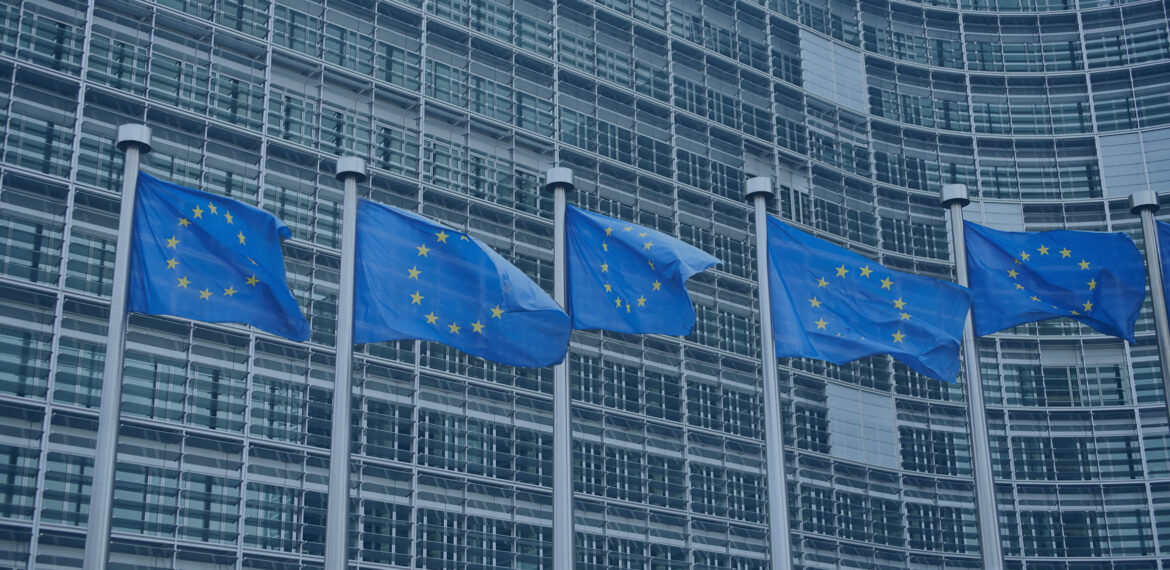
European Economic Security Strategy as a key to resilient Europe
European Economic Security Strategy as a key to resilient Europe
On 20 June 2023, the European Commission published an important strategic document, the European Economic Security Strategy. This strategy sets out a common framework for achieving economic security for the countries of the European Union, defined as the EU’s ability to withstand economic shocks and threats while maintaining a strong and competitive economy.
In recent years, the EU has witnessed a number of events that have highlighted its vulnerability to external shocks, such as the COVID-19 pandemic, escalated geopolitical tensions or cyber-attacks. These and other unpredictable events reveal Europe’s huge dependence and lack of self-sufficiency in some key areas of the economy. An economic security strategy is therefore an essential step towards ensuring Europe’s ability to better face all such challenges and minimise the risks they entail.
A more comprehensive approach to risk management
One of the main objectives of the document is to present a methodology for identifying and assessing potential risks. This assessment should be the responsibility of the European Commission and the Member States, in cooperation with the EU High Representative, possibly with input from the private sector.
The Strategy proposes to carry out a thorough assessment of risks to economic security in four areas:
- Risks to the resilience of supply chains, including energy security: Risks of price spikes, unavailability or shortages of critical products or inputs in the EU, including but not limited to products related to the Green Transition of Europe, products needed for a stable and diversified energy supply and pharmaceuticals.
- Risks to physical and cyber security of critical infrastructure: The risk of disruption or sabotage of critical infrastructures such as pipelines, undersea cables, power generation, transport, electronic communications networks, which threaten the safe and secure provision of goods and services or data security in the EU.
- Risks related to technology security and technology leakage: Risk to the EU’s technological progress, technological competitiveness and access to cutting-edge technologies, technology leakage and empowerment of security breachers (in particular for dual-use technologies such as quantum technologies, advanced semiconductors or artificial intelligence).
- Risks of weaponisation of economic dependencies or economic coercion: The risk of a third country targeting the EU, its Member States and EU entities through measures affecting trade or investment in order to achieve a policy change falling within legitimate policy-making space.
3 Ps of economic security strategy
The European Economic Security Strategy is based on the principle of proportionality and precision, which means that economic security measures should be proportionate to the risks and should be targeted at specific areas. The Strategy provides a framework for “assessing and addressing – in a proportionate, precise and targeted manner – the risks to EU economic security, while ensuring that the EU remains one of the most open and attractive destinations for business and investment1.
- PROMOTING: Promoting the EU’s economic base and competitiveness
Promoting the EU’s competitiveness, by strengthening the Single Market, supporting a strong and resilient economy, investing in skills and fostering the EU’s research, technological and industrial base.
- PROTECTING: Protecting the EU’s economic security
Protecting the EU’s economic security through a range of existing policies and tools, and consideration of new ones to address possible gaps. This would be done in a proportionate and precise way that limits any negative unintended spill-over effects on the European and global economy.
- PARTNERING: Strengthening partnerships
Partnering with the broadest possible range of partners to strengthen economic security, including through furthering and finalising trade agreements, reinforcing other partnerships, strengthening the international rules-based economic order and multilateral institutions, such as the World Trade Organization, and investing in sustainable development through Global Gateway.
The European Union recognises that in the current geopolitical situation, the stability and unity of the region is extremely crucial. An economic security strategy is undoubtedly one concrete step towards achieving greater stability and cohesion among EU Member States. However, Europe must first find ways to overcome obstacles, for example in the context of internal divisions and low mutual trust between Member States, or inconsistent fiscal instruments for financing economic security initiatives.
We believe that despite all the obstacles, this strategy will serve as a solid basis for achieving a stable and resilient EU economy that will ensure a prosperous future for all Member States.
- https://ec.europa.eu/commission/presscorner/detail/en/ip_24_363 ↩︎


